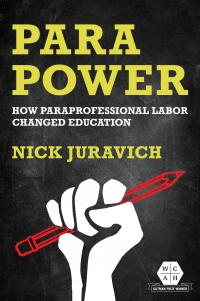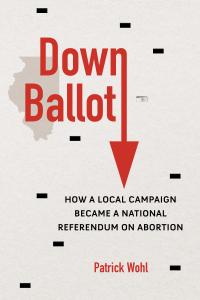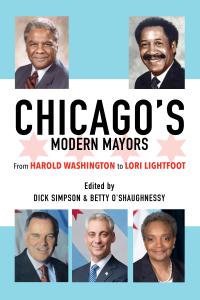
The Powers That Be
The Powers That Be remains one of the most vivid and immediate accounts we have of power at work in America. Pulitzer-prize winning Halberstam writes compellingly and with enormous skill about the personalities behind some of the most influential media figures at play in the last quarter of the 20th Century
Paper – $25.95
978-0-252-06941-3
Publication Date
Paperback: 01/01/2000
About the Book
Crackling with the personalities, conflicts, and ambitions that transformed the media from something that followed the news to something that formed it, The Powers That Be is David Halberstam's forceful account of the rise of modern media as an instrument of political power, published here with a new introduction by the author.Beginning with FDR's masterful use of radio to establish the sense of a personal, benevolently paternal relationship with the American people and culminating in the discovery and coverage of the Watergate break-in, Halberstam tracks the firm establishment of the media as a potent means of shaping both public opinion and public policy. He tells the story through vivid, intimate portraits of the men, women, and politics behind four key media organizations: CBS and its board chairman William S. Paley; Time magazine and its cofounder Henry Luce; the Washington Post and successive publishers Philip Graham and his wife, Katherine; and the Los Angeles Times and publishers Norman Chandler and his son, Otis.





